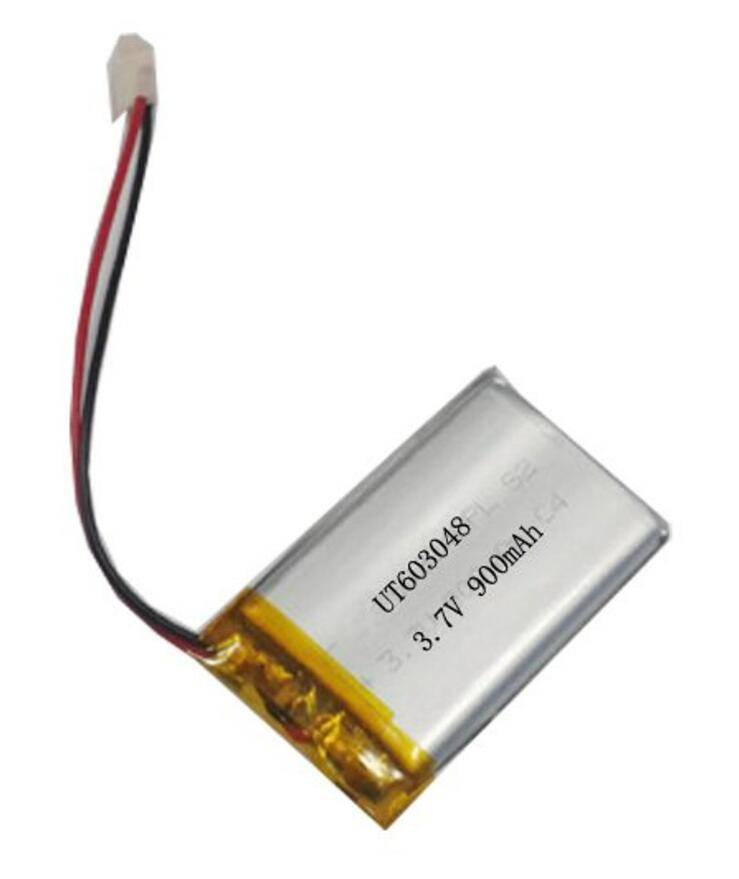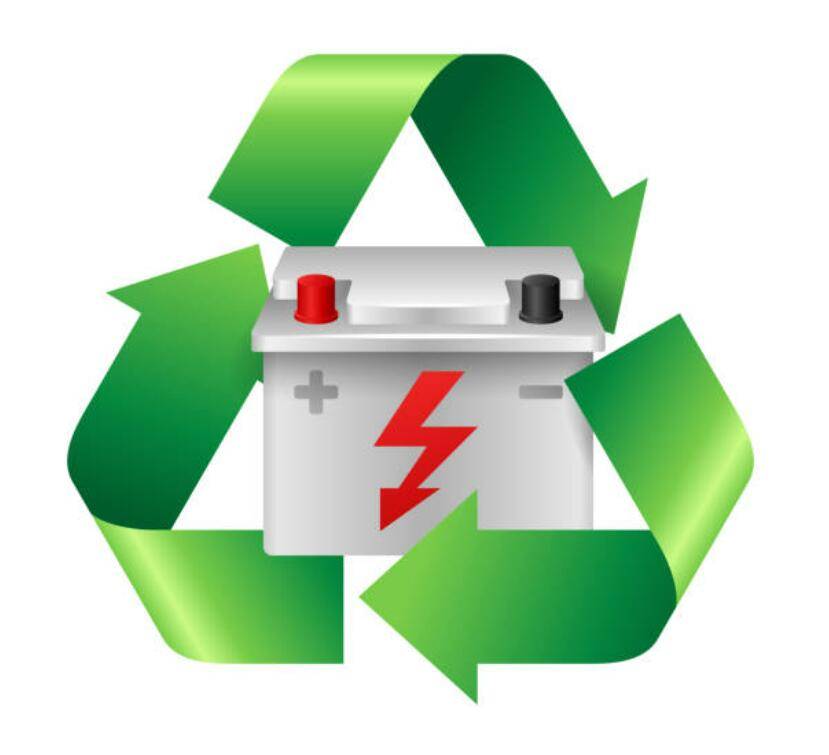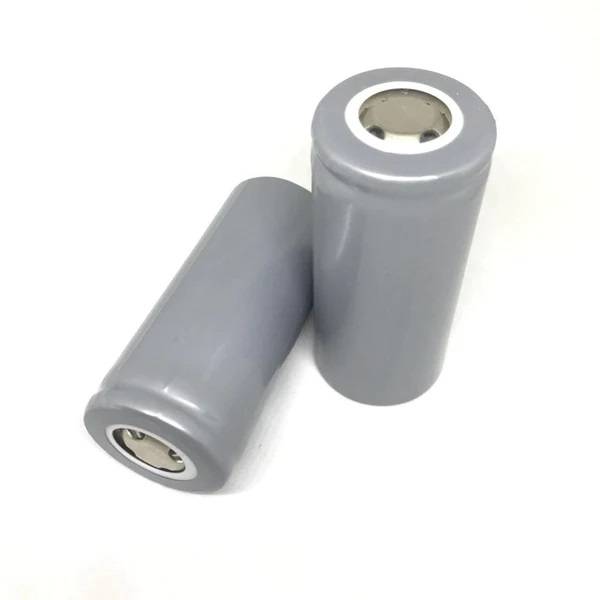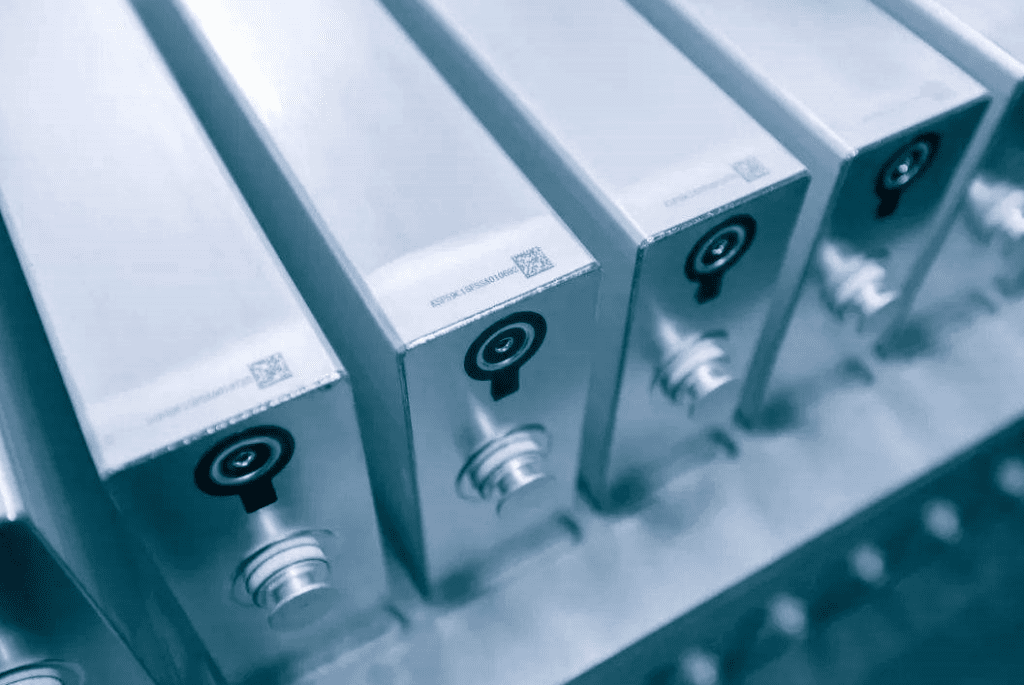Lithium batteries are pivotal in portable power, but their insulation is often overlooked. Let’s explore why it’s vital for their efficiency and safety.
1. High-Energy Density: Lithium batteries store more energy in a smaller size compared to others, offering long-lasting power for devices like smartphones and electric vehicles.
2. Role of Electrolyte and Separator: The electrolyte enables ion movement between electrodes, crucial for battery operation. Separators prevent short circuits by keeping electrodes apart.
3. Crucial Role of Insulation: Insulation regulates battery temperature, preventing overheating or extreme cold that could affect performance or cause failure. It also shields against mechanical damage during use or transportation.
4. Stability and Reliability: Insulation maintains stable voltage levels and reduces self-discharge rates, ensuring consistent power delivery over time without capacity loss.
Understanding insulation’s contribution to lithium battery efficiency and safety is vital. It’s a crucial factor that safeguards these powerful sources, impacting their performance and longevity.
The Importance of Insulation for Lithium Batteries
Lithium batteries are crucial in our daily lives, but understanding the role of insulation is key for their safety and optimal performance.
1. Protection Against Hazards: Insulation shields lithium batteries from external factors that can cause thermal runaway, regulating temperature fluctuations and preventing short circuits, moisture, or contaminants that could damage the battery.
2. Preventing Thermal Runaway: Insulation reduces heat transfer between cells, preventing overheating that could lead to rapid temperature spikes, fires, or explosions—safeguarding against thermal runaway.
3. Ensuring Electrical Stability: Insulation maintains consistent electrical conductivity within the battery by preventing contact between terminals or components, minimizing the risk of short circuits that can harm the battery.
Materials and Methods: Common insulation methods include specialized tapes or films and thermally conductive materials to enhance heat dissipation. Materials like PET, PI films, ceramic-filled adhesives, and insulating foams are used, considering factors like thermal conductivity, dielectric strength, and chemical compatibility.
Understanding insulation’s crucial role in lithium batteries ensures their safety and performance. Choosing appropriate materials and techniques for insulation is vital for their reliable operation.
Risks of Not Insulating a Lithium Battery
Insulating lithium batteries isn’t an option—it’s crucial for safety and performance. Skipping insulation can lead to serious risks you’d want to avoid.
1. Short Circuit Hazards: Without insulation, components can touch, leading to direct electrical connections between terminals causing short circuits. This can result in overheating, fires, or explosions.
2. Temperature Sensitivity: Insufficient insulation makes lithium batteries more vulnerable to temperature changes, causing potential damage to internal components and reducing battery lifespan.
3. Vulnerability to Damage: Without protection, batteries are more prone to damage from impacts or vibrations during use or transportation, risking leaks or ruptures.
4. Moisture Susceptibility: Inadequate insulation increases the risk of moisture getting into the battery, corroding internal connections, and impacting performance.
Proper insulation is vital for maintaining ideal conditions and minimizing hazards linked to lithium battery usage. Prioritizing insulation ensures safety for both yourself and your devices.
Methods of Insulating a Lithium Battery
Insulating lithium batteries is crucial for their safety and performance. Let’s explore key insulation methods used to protect these batteries’ delicate components.
1. Thermal Insulation: Using materials like ceramic tapes or foams helps manage heat, preventing extreme temperature fluctuations and reducing the risk of thermal runaway, thus extending the battery’s lifespan.
2. Electrical Insulators: Coating battery terminals with materials like plastic or rubber creates a barrier between positive and negative terminals, preventing short circuits and accidental contact with conductive surfaces.
3. Protective Coatings and Encapsulation: Applying pressure-sensitive adhesives or encapsulation techniques shields batteries from external impacts, vibrations, and moisture ingress, preserving their integrity.
4. Advanced Safety Measures: Utilizing flame-retardant coatings or fire-resistant barriers in battery design ensures containment of internal short circuits, preventing hazardous fire situations.
Manufacturers select insulation methods based on protection levels, cost-effectiveness, and regulatory requirements, ensuring safety during usage and transportation without compromising performance.
Materials Used for Insulation
Choosing the right materials for lithium battery insulation is crucial to shield it from potential damage. Let’s explore key materials commonly used for effective insulation.
1. Polyethylene Foam: Lightweight and flexible, polyethylene foam provides excellent thermal insulation and resistance against moisture. Its closed-cell structure helps prevent short circuits, ensuring the battery’s integrity.
2. Glass Fiber Tape: Heat-resistant glass fiber tape offers good electrical insulation and can endure high temperatures without degradation. It adds an extra layer of protection against potential heat build-up in the battery.
3. Silicone Rubber Sheets: Silicone rubber sheets, known for high temperature resistance and flexibility, offer effective electrical and thermal insulation. They also resist chemicals and UV exposure, enhancing battery protection.
4. Ceramic Coatings: Some batteries may use ceramic coatings to improve thermal stability, reducing heat transfer between cells for enhanced safety.
Manufacturers select these materials based on specific requirements, ensuring insulation that safeguards lithium batteries and maintains their performance and durability.
Common Misconceptions About Insulating Lithium Batteries
Insulating lithium batteries is crucial, but there are misconceptions that need clarification. Let’s debunk these myths to ensure proper battery care and safety.
1. All Batteries Are Pre-Insulated: Not all lithium batteries come pre-insulated. Checking if your specific battery needs additional insulation is crucial for optimal performance.
2. Any Insulation Material Works: The choice of insulation material matters. Factors like temperature needs, durability, and compatibility with battery chemistry should be considered.
3. Insulation Reduces Performance: Proper insulation doesn’t reduce a battery’s capacity or power output; it safeguards it from external factors, enhancing performance and lifespan.
4. DIY Insulation vs. Professional Methods: While DIY insulation might seem viable, it often lacks precision and safety standards compared to professional methods. Seeking professional guidance is advisable.
5. Insulated Batteries Need Regular Checks: Insulation adds protection but doesn’t eliminate the need for routine checks. Regular maintenance is still crucial to spot wear or potential issues.
Understanding these misconceptions ensures responsible use and avoids risks linked to improper insulation practices.












